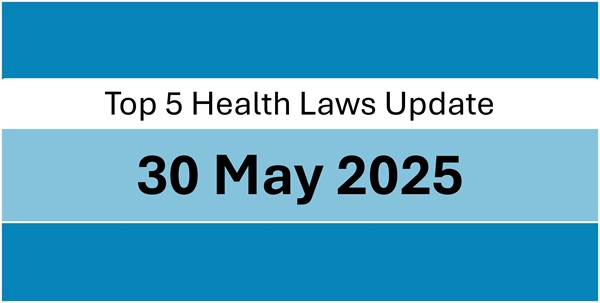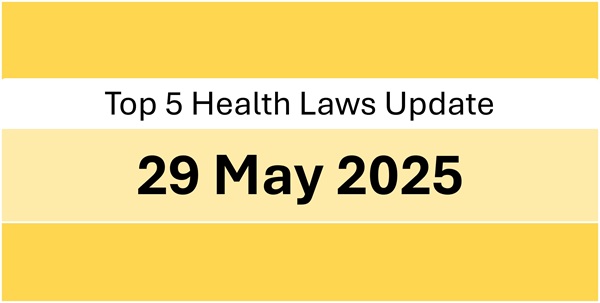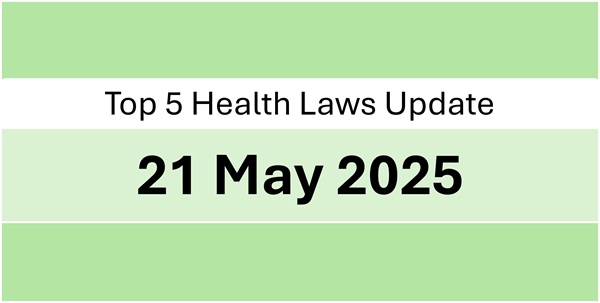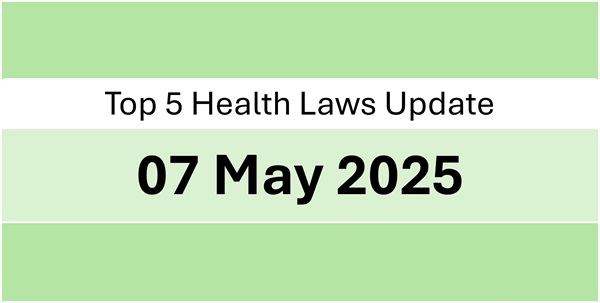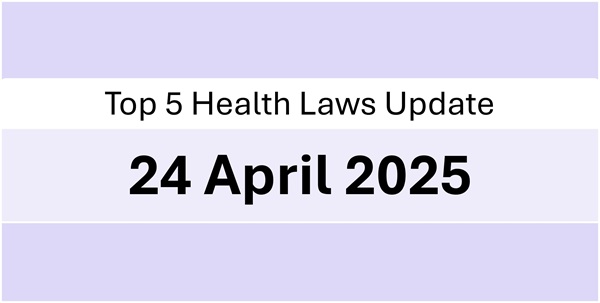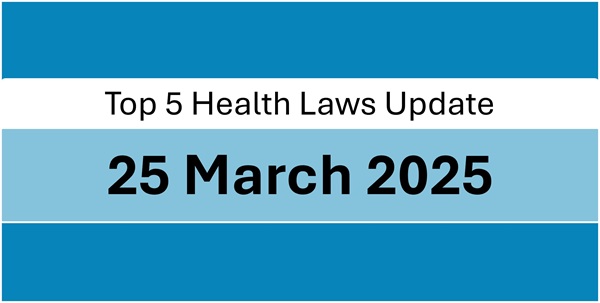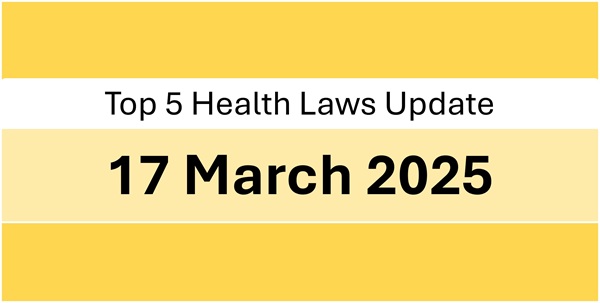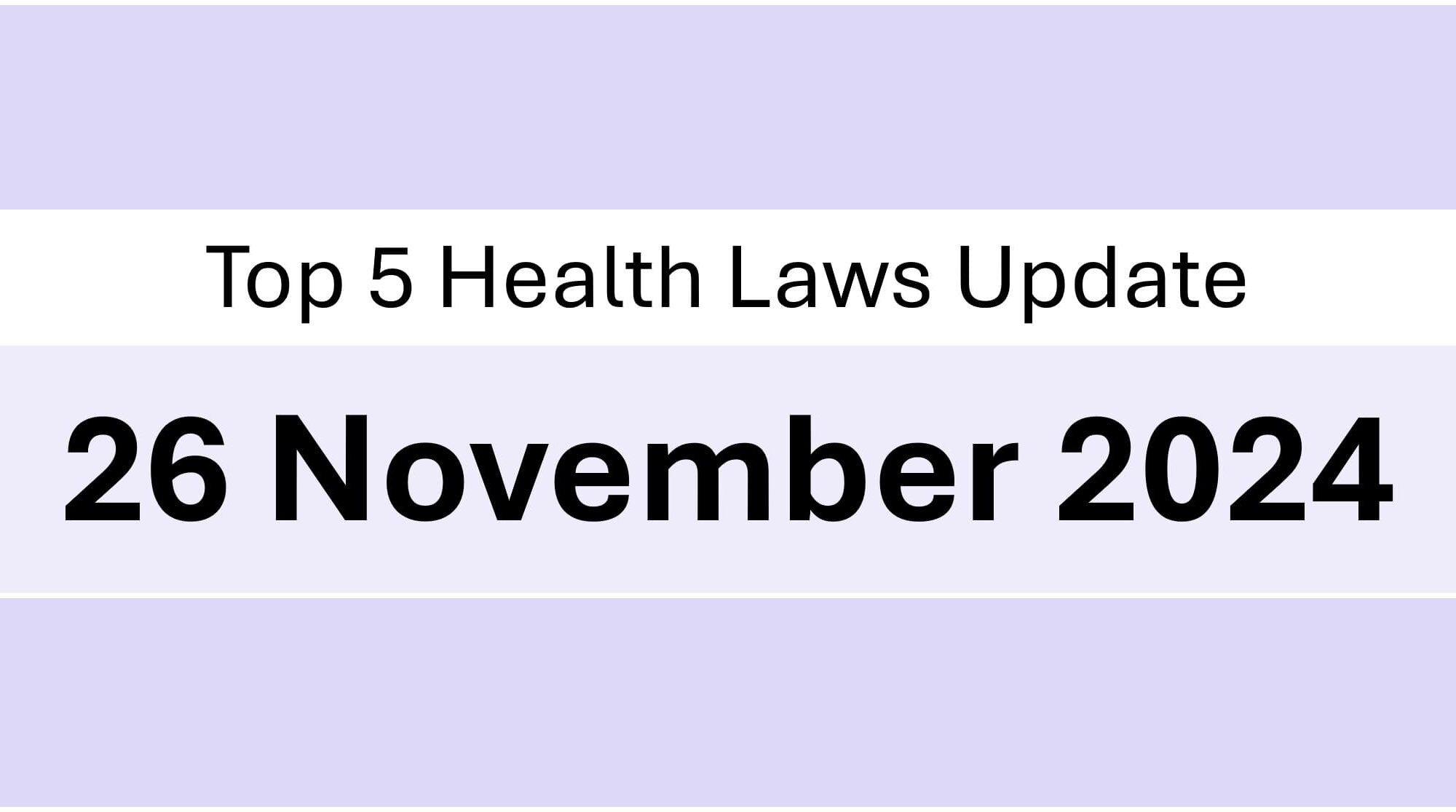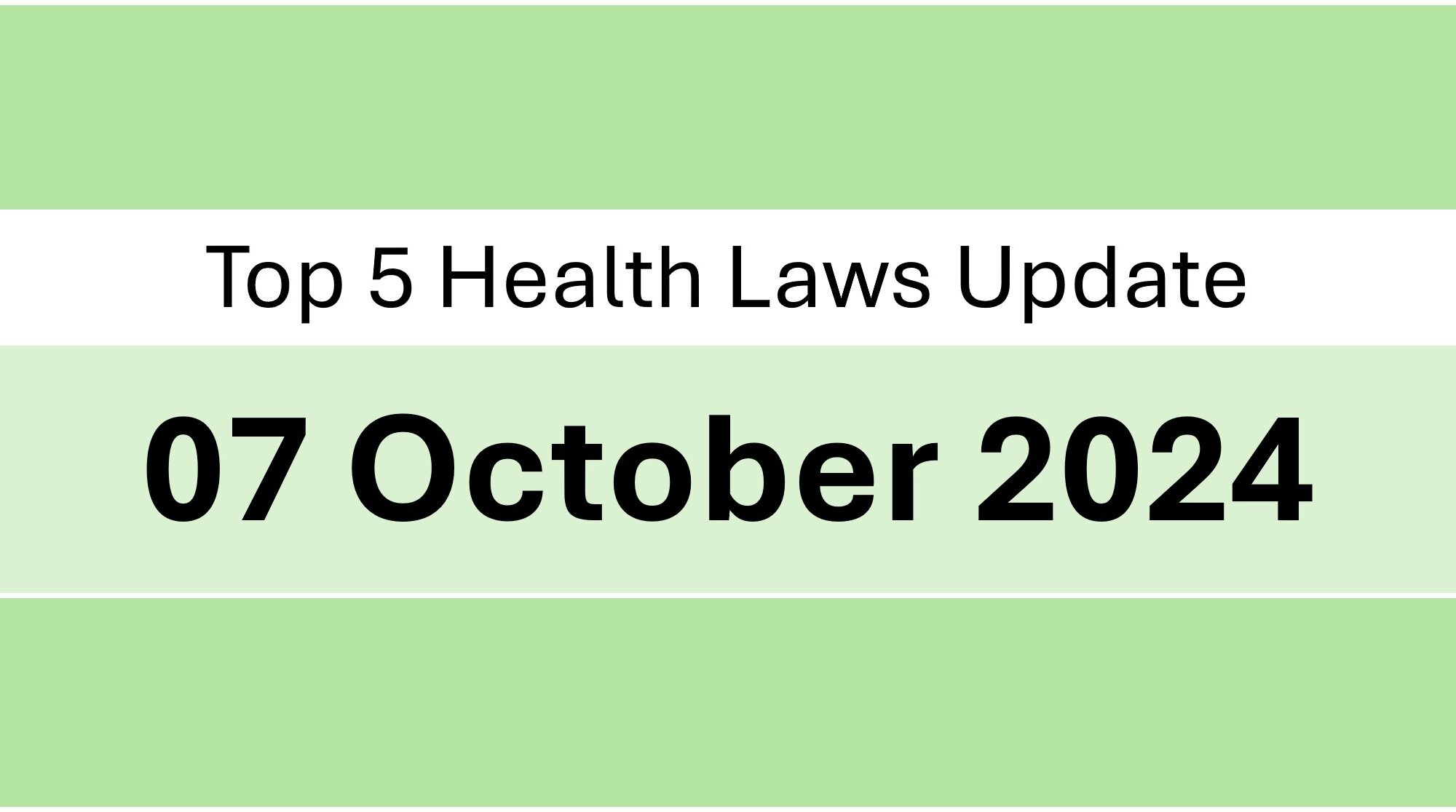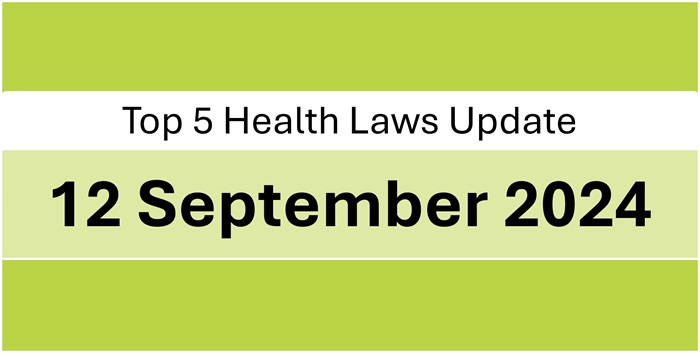Dear Readers, we are happy to share the most interesting legal and policy updates concerning health industry that we read today. we hope you enjoy reading it.
1. The Food Safety and Standards Authority of India (FSSAI) has issued an advisory directing food businesses to stop using “100%” claims on labels and promotional materials, citing them as misleading and undefined under current regulations. The move aims to protect consumers from deceptive marketing practices.
Source: bit.ly/3FidCVc
2. India’s Central Drugs Standard Control Organisation (CDSCO) has released guidelines for safe disposal of expired and unused medicines. It mandates flushing 17 high-risk drugs like fentanyl and diazepam to prevent harm. The guidance urges states to establish Drug Take Back programs under biomedical waste rules to curb misuse, environmental risks, and promote responsible pharmaceutical waste management.
Source: bit.ly/4jqNO70
3. The Bureau of Indian Standards has issued Amendment on 22 May, 2025 to IS 17349:2020, the medical textile standard for shoe covers. The revised standard enhances quality and safety. The old standard will remain in force till November 21, 2025.
Source: bit.ly/4dDEuf3
4. The International Council for Harmonisation (ICH) has released new guidelines to aid in developing medicines for pregnant populations. These guidelines emphasize the need for robust clinical data to assess drug safety and efficacy during pregnancy. Additionally, they provide updated recommendations for presenting quality information in the Common Technical Document (CTD).
Source: bit.ly/43jxTmn
5. The European Medicines Agency (EMA) is promoting faster global timelines for post-approval changes (PACs) through regulatory reliance, allowing non-EU countries to use EMA’s assessments. This reduces duplication, speeds up approvals, and improves patient access. Companies must clearly communicate PAC submissions and inform EMA when sharing data with other regulators to ensure smooth coordination.
Source: bit.ly/4jv8rzh

